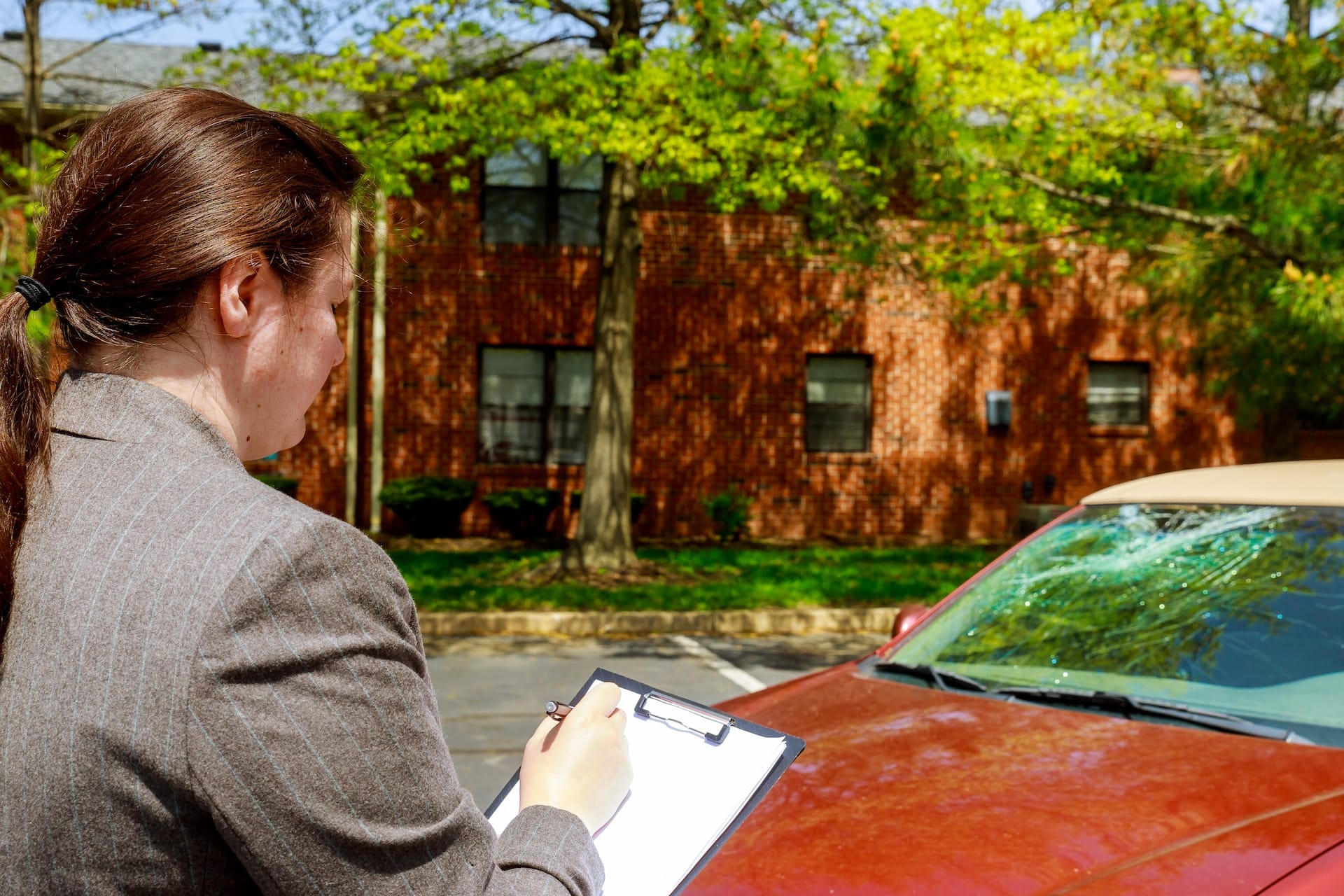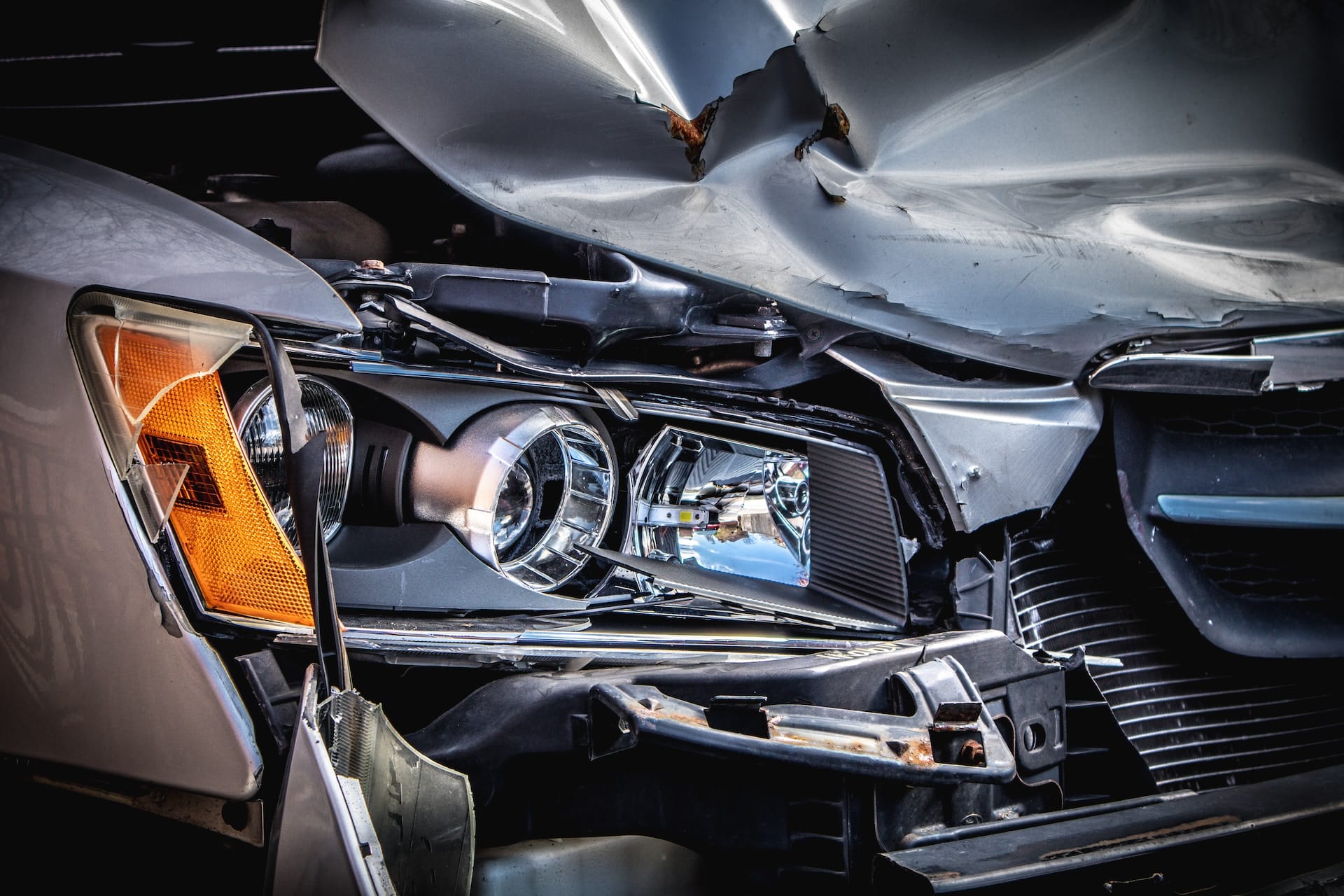Finding affordable car insurance in Lehigh Acres can sometimes feel like searching for a needle in a haystack. Many drivers worry about the impact of high premiums on their budget. With living expenses rising, cutting costs wherever possible becomes essential. Car insurance is one area where many people seek to save money, but knowing where to start can be tricky. We’re here to shed light on practical ways to navigate these waters and find the coverage you need at a price you can manage.
Lehigh Acres offers a unique blend of suburban living that attracts many people, but its growing population and frequent weather changes might affect car insurance rates. This makes it especially important to understand your options if you’re struggling to find affordable car insurance. We’ll explore various factors influencing insurance rates and share some straightforward tips to help you find the best deals available. Whether you’re new to the area or a long-time resident, understanding these aspects will put you in a better position to make informed decisions.
Understanding the Factors Affecting Car Insurance Rates
Car insurance rates can seem mysterious, but they’re often based on a few key factors. By knowing what influences prices, you can take steps to manage them more effectively. Here are the main components that insurers usually consider:
– Location: Where you live plays a significant role in determining your insurance premium. Areas with higher rates of accidents or theft typically lead to higher insurance costs. In Lehigh Acres, this might mean slightly higher premiums compared to less populated areas.
– Driving Record: Your history behind the wheel matters. A clean record with no accidents or violations usually results in better rates. On the flip side, any infractions or claims can increase your premiums.
– Vehicle Type: The kind of car you drive will also impact your rates. Generally, cars that are expensive to repair, lack safety features, or have a higher theft rate will cost more to insure.
– Credit Score: Believe it or not, your credit score can affect your car insurance premiums. Insurers often see higher credit scores as indicative of lower risk, which might translate to lower rates.
Understanding these factors and how they relate to you is vital. For instance, if you’ve recently moved to Lehigh Acres, you might need to consider how local conditions influence your insurance costs. Paying attention to factors you can control, like maintaining a good driving record or improving your credit score, can help you negotiate better rates.
Tips for Finding Affordable Car Insurance in Lehigh Acres
Finding affordable car insurance requires a bit of legwork but pays off in the end. Here are some practical tips to help you along the way:
– Compare Quotes: Start by getting quotes from multiple providers. Each company uses its own formula to calculate rates, so prices can vary significantly. Comparing quotes online can quickly give you an idea of what’s available.
– Look for Discounts: Ask about discounts that might apply to you. Many insurers offer various discounts, such as safe driver discounts, multi-car discounts, or even savings for vehicles with safety features.
– Consider Your Coverage Needs: Think about adjusting your coverage to suit your current situation. For instance, if you have an older vehicle, you might lower your premium by cutting back on comprehensive and collision coverage.
– Bundle Policies: If you have multiple policies, such as home and auto insurance, consider bundling them with one provider. Bundling often results in discounts, making it worth your while.
– Increase Deductibles: Opting for a higher deductible can lower your premium. Just be sure it’s an amount you’re comfortable paying in the event of a claim.
By applying these strategies, you position yourself to find car insurance that fits your budget without sacrificing quality coverage. Taking the time to explore all your options ensures you get the best possible deal in Lehigh Acres, keeping your vehicle protected and your finances balanced.
The Benefits of Working with an Insurance Agent
When searching for affordable car insurance, it can sometimes help to have a professional in your corner. An insurance agent can be a valuable resource in uncovering the best deals tailored to your specific situation. Agents come equipped with industry knowledge and access to multiple insurance carriers, enabling them to guide you through comparisons and highlight options that you might not find on your own.
One of the main advantages of working with an insurance agent is personalized service. Agents take the time to understand your unique needs and budget. They can uncover discounts specific to your situation, whether it’s a safe driving record or a low-mileage vehicle. As your circumstances change — say you buy a new car or move to a different area — your agent can update your coverage so it remains suitable for you without unnecessary expenses.
Additionally, an agent can simplify the often confusing language found in insurance policies. They’ll explain what’s covered and highlight any gaps, ensuring you have no surprises down the road. When it comes time to file a claim, having an agent to assist you through the process can provide peace of mind, knowing there’s someone on your side to handle the details.
Preparing for the Future
As you secure an affordable plan that suits your needs, consider long-term strategies to maintain good rates. Regularly reviewing your policy makes sure it still meets your needs and aligns with any changes in your life. For example, an annual review with your agent can reveal potential savings through newly eligible discounts or adjusting coverage you no longer need.
Keeping your driving record clean is one of the best ways to keep rates low. Practicing safe driving habits not only protects you and your passengers but also positively impacts your insurance costs. Similarly, maintaining or improving your credit score is another factor that can influence premiums, as many insurers view this as an indicator of risk.
Beyond reviews, staying informed about factors affecting insurance rates helps you plan and adopt proactive measures. Consider participating in voluntary safe driver courses or installing vehicle safety devices to make your car less risky to insure, which might earn further discounts.
Drive with Confidence in Lehigh Acres
Navigating car insurance may seem challenging, but armed with knowledge and the right resources, you can secure a suitable and affordable policy in Lehigh Acres. From understanding the factors that influence rates to seeking help from an insurance agent, every step brings you closer to manageable insurance costs.
Driving with peace of mind begins with proper coverage tailored to your needs. By staying informed and proactive, you can enjoy your journeys without the stress of high insurance premiums, keeping Lehigh Acres a comfortable place to call home.
Discover how Bassine Insurance Agency can assist you in finding the most suitable and budget-friendly options for your needs. Explore our expertise on car insurance in Lehigh Acres and let us help you gain confidence on the road with well-informed choices and dependable support. To discuss your insurance needs with our friendly and knowledgeable team, contact us today.










